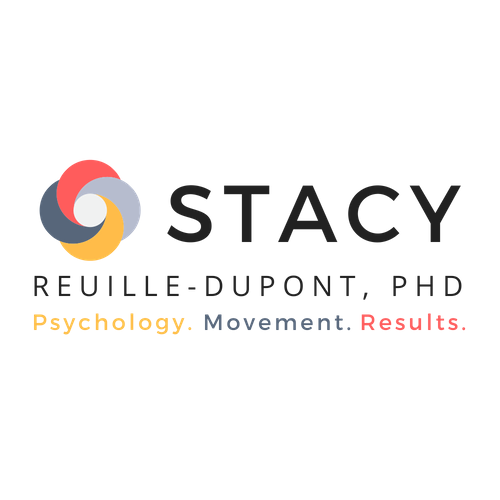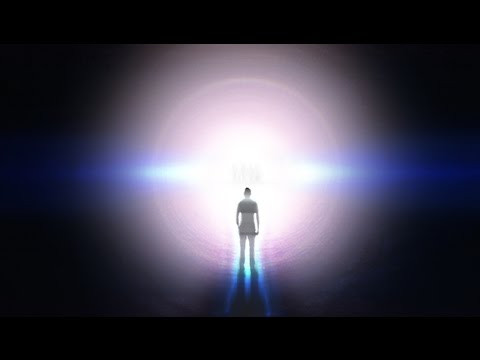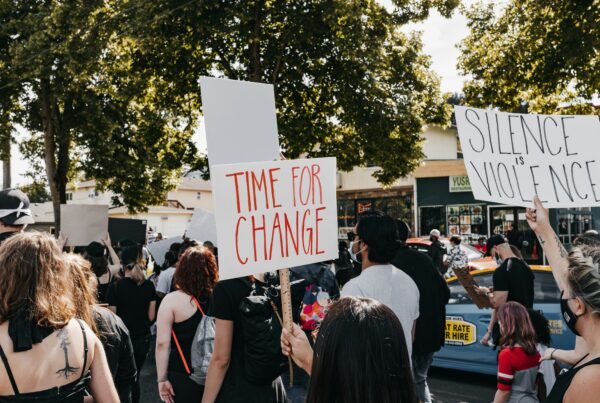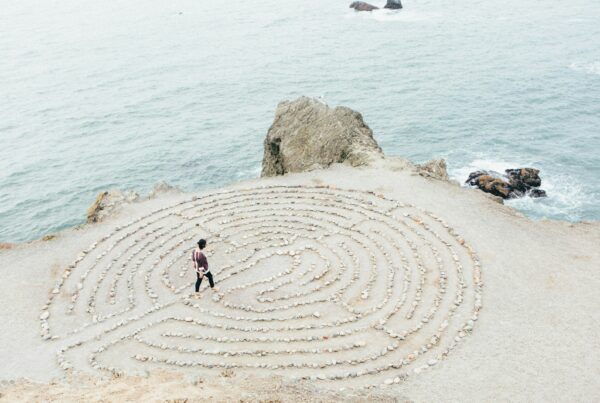When we have a loss of any kind – person, pets, jobs, homes, communities, partners, children it can be one of the hardest places to find the light. Many people have the hardest time finding light in death of a person. Death is a difficult event for many of us. In the United States of America culture, we work hard to push death off, stay connected to our youth, and discount the value of aging. Death becomes a difficult topic as a result. In addition, many people struggle with change. This creates difficulty when “death” involves the loss of something they felt should remain in their lives, like a job, home, or partner.
Discussing the Death of People
Depending on one’s spiritual beliefs, or lack there of, the death story and expectations around death may be different for each of us, however the experience of loss is one we all share. As we discussed earlier this week sadness is about loss and about recognizing what matters to you. When death occurs it helps us remember what matters most to us. It gives us a chance to reconnect to those still living and make sure we are communicating our care, love, and desire for deeper relationship while we are both still here.
The loss of a child is one of the most difficult events one can go through. During this time it can be very difficult to understand the reasons or make sense of what is happening. However, many who have gone through the death of a child report they are stronger, learned something important, and/or the loss helped them refocus their lives into something more positive. Difficult but doable when focus remains on honoring our emotions and moving through the grief cycle.
The Grief Cycle
The grief cycle has 5-6 stages. First we are in disbelief/doubt, then we bargain. When we cannot change the reality of our situation we typically become very angry. Sometimes angry at God, others, communities, social systems, people. Anger is ok. It helps us find injustices and do something about them. It helps us set boundaries and say no. However, if one is using anger to hurt others (verbally, emotionally, or physically) it will lead to other problems we have to clean up (shame, guilt, broken relationships, more loss).
After anger comes sadness. Usually deep sadness. It is heavy and cloaking. It shrouds our desire to engage or can keep us isolated and focused on ourselves and our pain. If sadness is not allowed to move through it gets stuck. It often underlies depression (as does anger), chronic pain conditions, and anxiety. When it is allowed to move through we are better able to recognize what the loss means to us and how to honor it in the present. Maybe we deepen relationships, we might change our habits to be more healthy, we make embark on things that enhance our lives: adventures, move, or start a new job as a result of learning gained during the period of loss. (Note of caution, embarking on these things in the middle of the process may be a bad idea. We may not be truly acting from a place of new learning, instead acting from a place of pain).
Finally we come to acceptance. We move into a state of understanding around what the loss means to us, what we want to change as a result, and how we want to continue to grow and evolve. At this point we are able to form new connections to our loss and have gathered information about growing from it. Then we move into a sixth stage (not all models speak of this one). This stage is categorized by the new life we have created as a result of the loss. It may be the way we have decided to do holidays or honor the person(s) who have passed from this human experience. In this stage we own our learning and have incorporated it into our being as a true part of who we are. From this place our life has new meaning, purpose, and we are congruent in honoring the past and focusing on the future.
Moving Through Change Associated with Loss
If you are moving through a difficult time of any kind, grief is often a factor. It may be the loss of a person, pet, job, home, community, physicality – we need to grieve all sorts of things. If you can allow yourself to feel the grief and the “death” of the experience you were having, you will find the richness on the other side. When you allow yourself the option to move through all of your emotions and cycle through them as needed (FYI: the grief cycle is not linear, you may bounce around at times) you gain a greater sense of yourself and what matters to you. Embrace your feelings and grow. Learn and implement the changes you are experiencing. Take an honest assessment of your experience and allow it to shape and change you for the better.
If you are stuck or struggling with your grief, can’t seem to find the other side of it, or need help understanding your experience it is a good idea to seek a professional. As noted above, getting stuck can bring on other mental and physical health issues. Plus, many struggle with acceptance and cannot move into implementing the changes and learning as a result of the loss experience. Remember acceptance does not mean you like it, want it, wish it, or approve of what has happened, just that you are honestly looking at what is truly going on in your world. This is a difficult stage and it can help to have someone guide you through this difficult process.



 Twitter
Twitter Facebook
Facebook Linkedin
Linkedin






